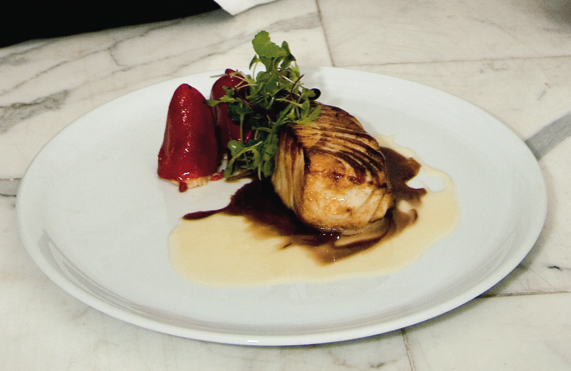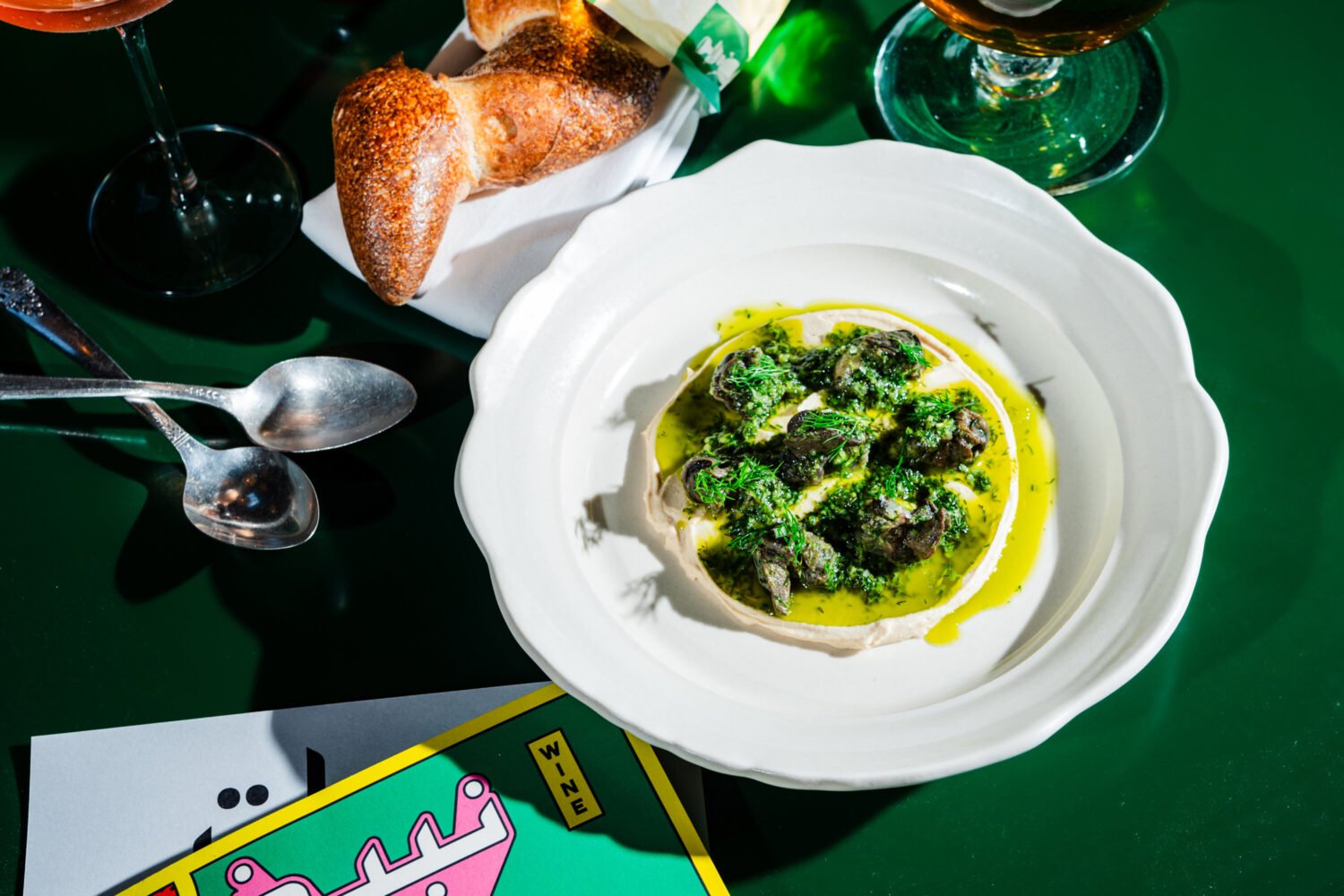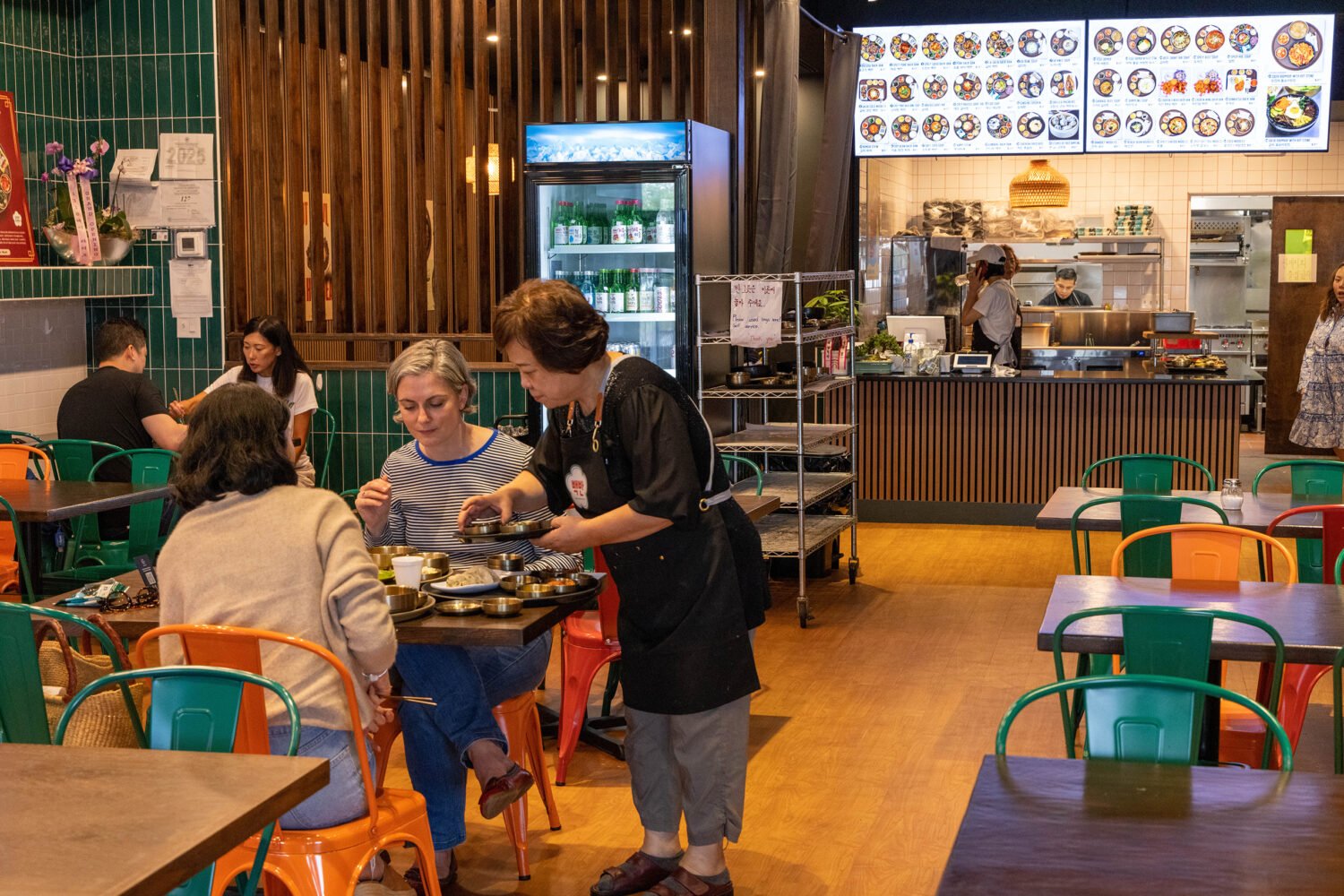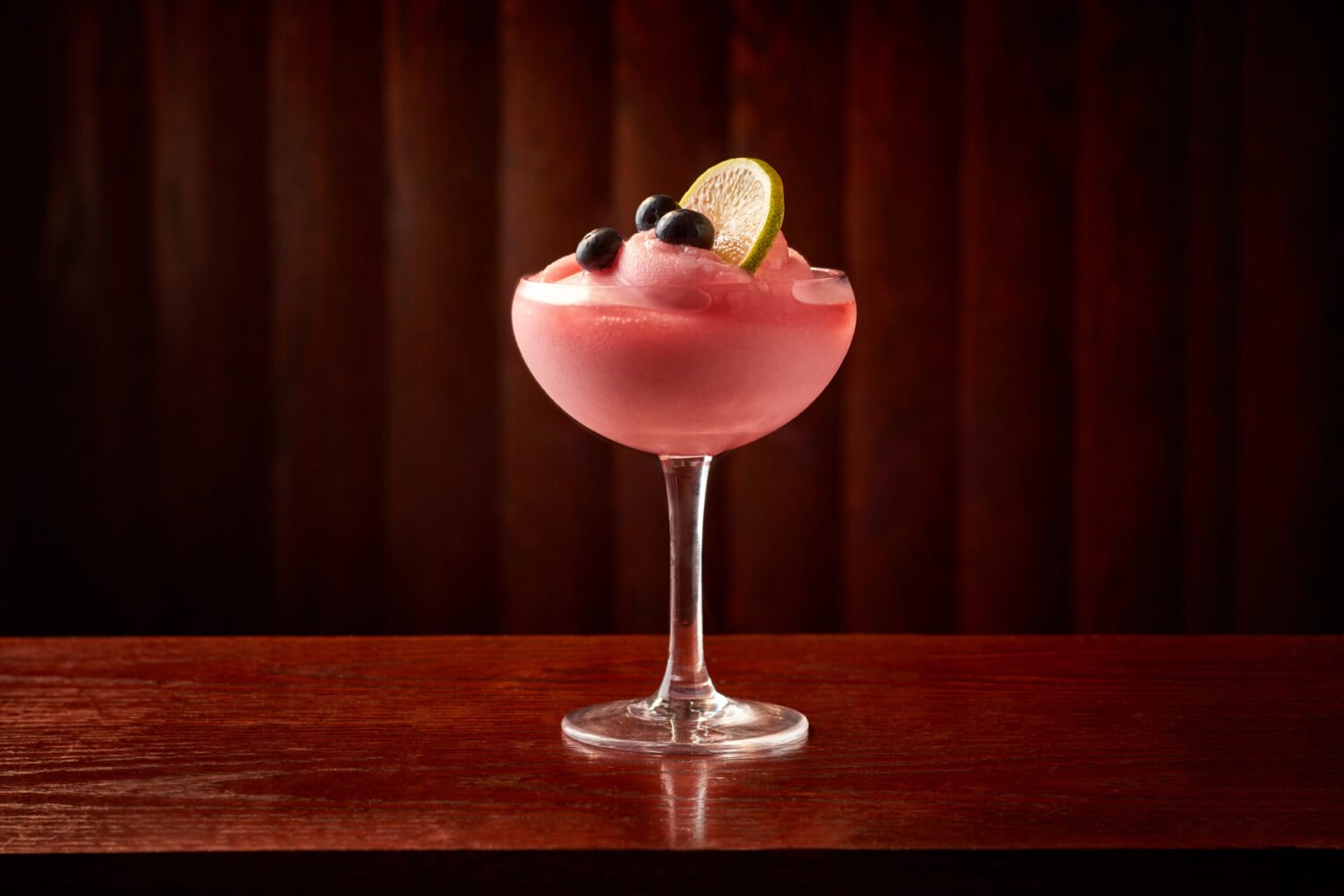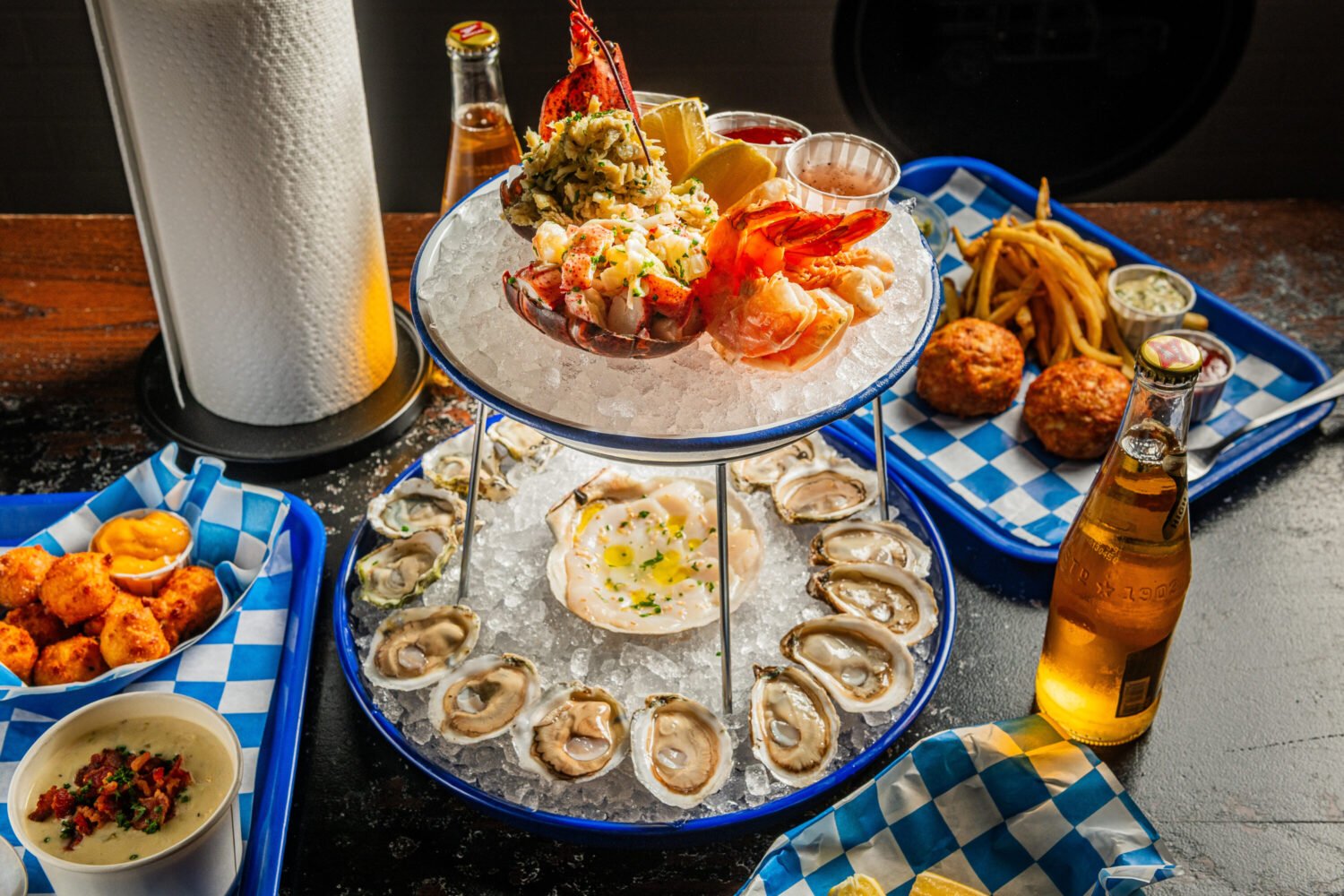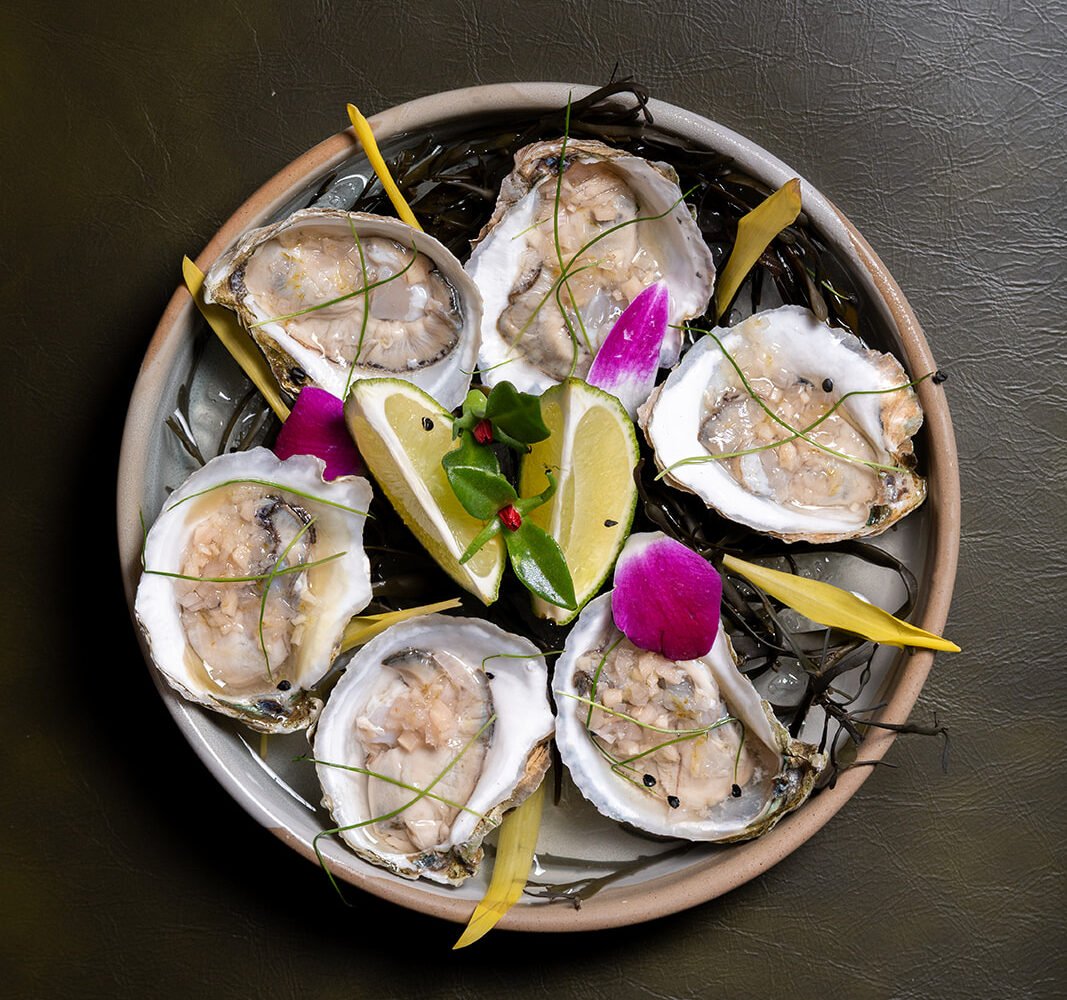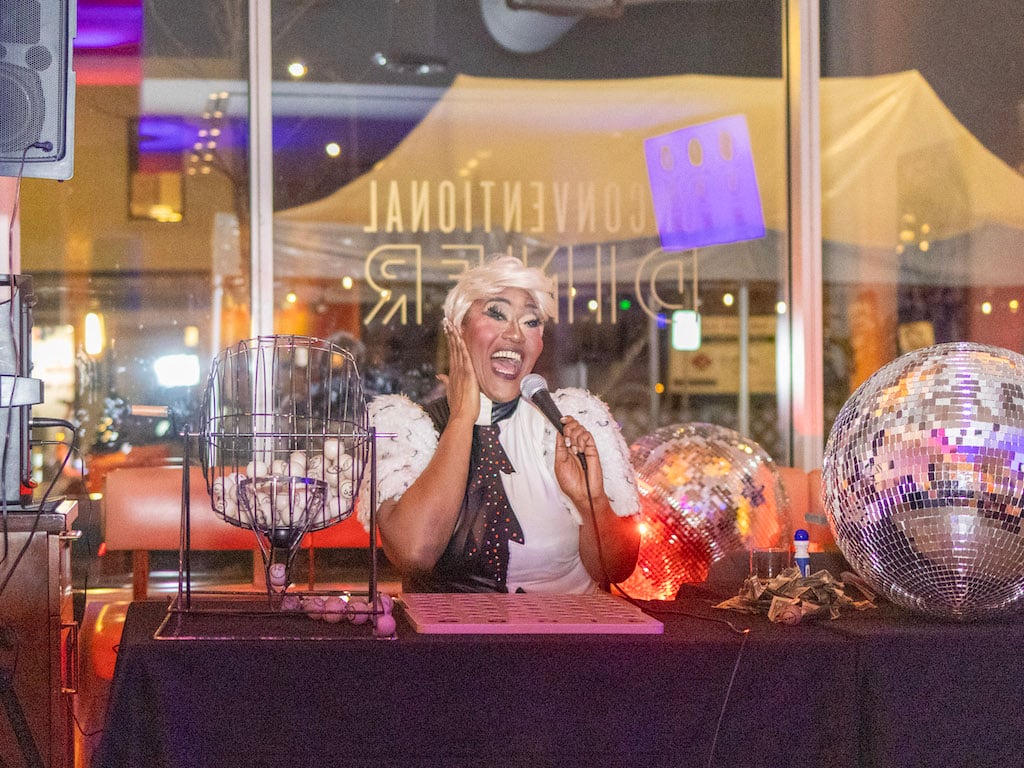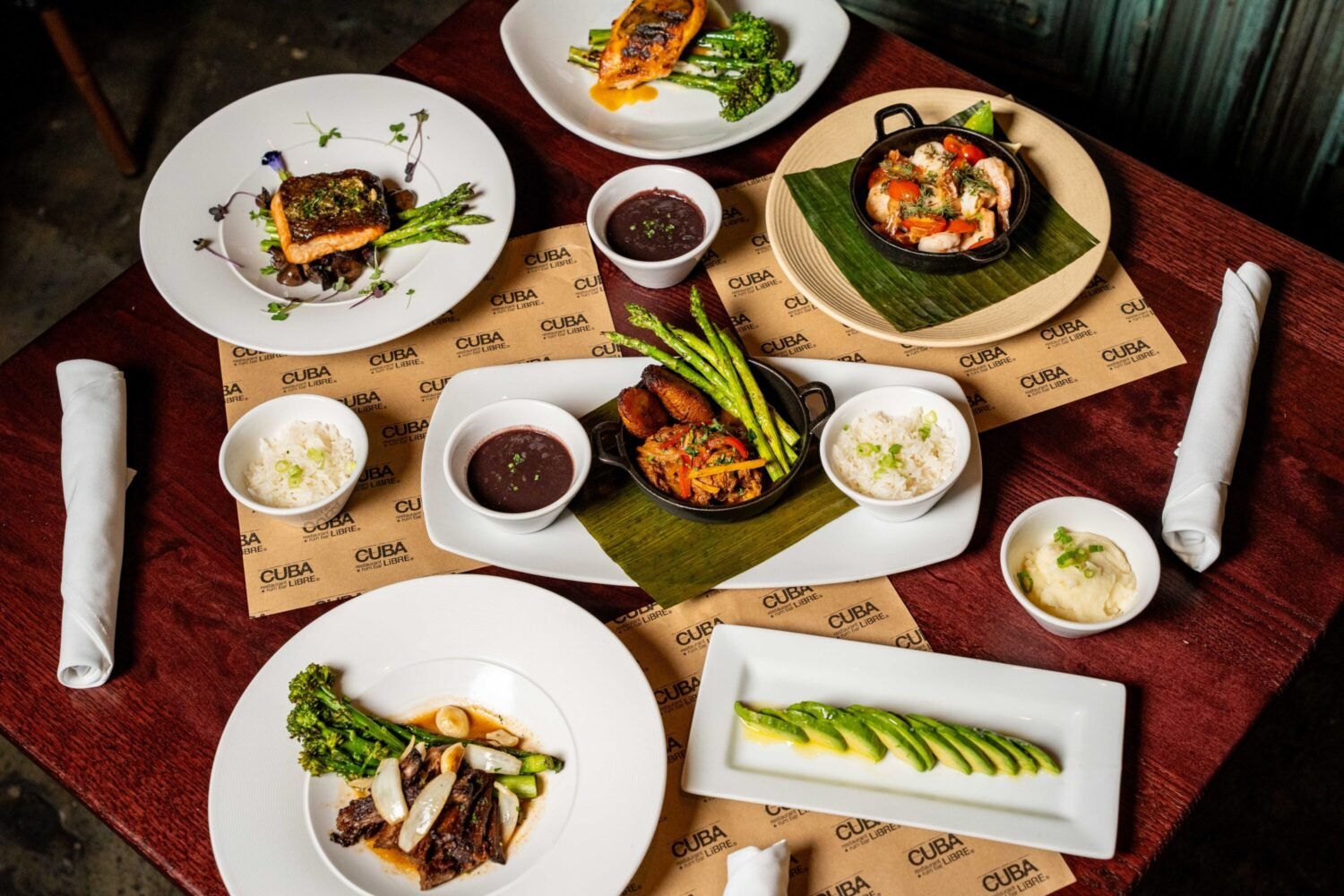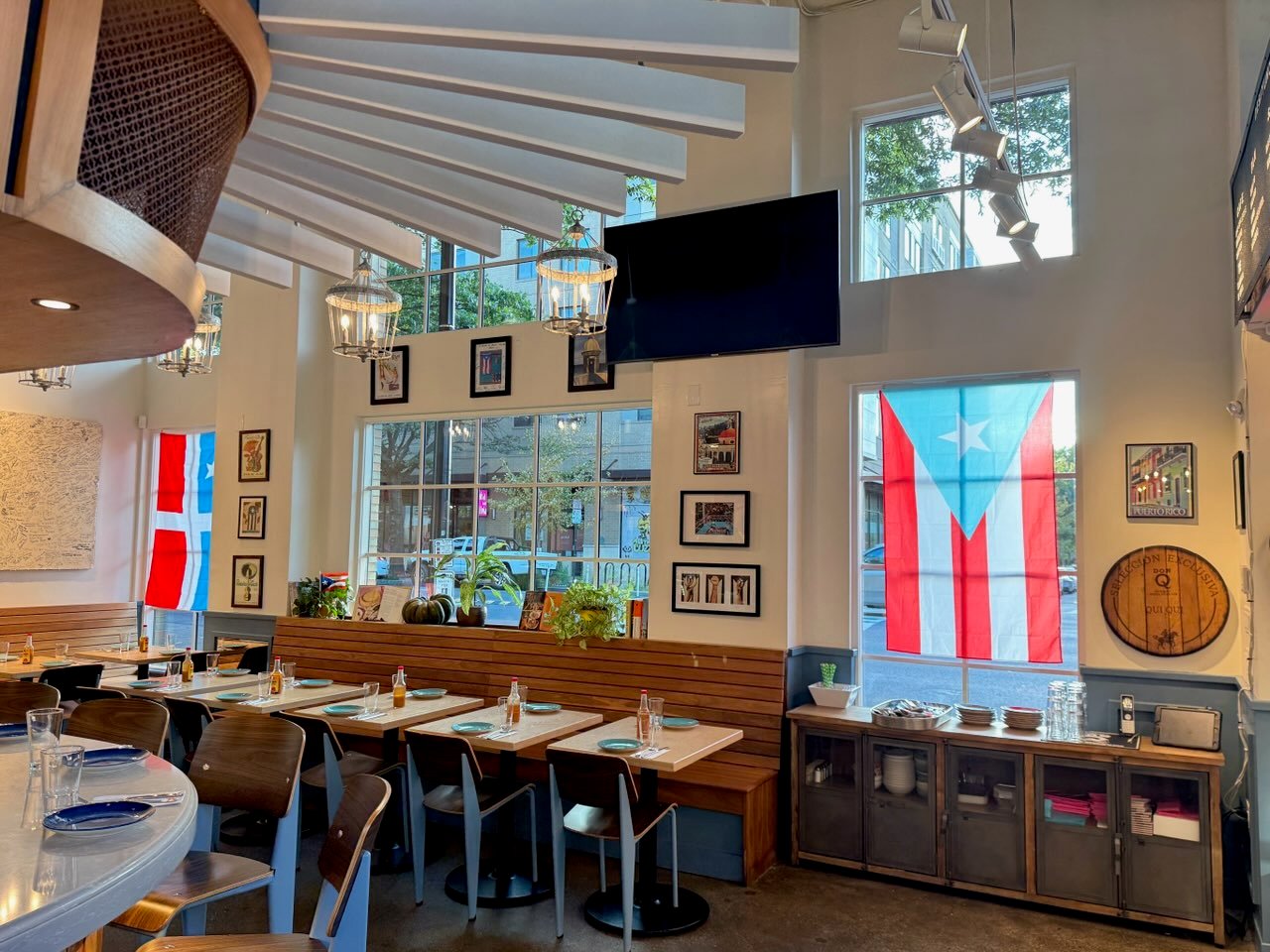A few years ago, Chilean sea bass was a fixture on local restaurant menus, prized by chefs for its ability to survive overcooking and favored by diners for its meaty succulence. Then environmentalists got the word out about overfishing and sustainability. Many chefs banned it from their menus.
But in recent months we’ve seen Chilean sea bass on specials boards at Niwanohana in Rockville as well as on the regular menus at Oya in DC, Doraku Sushi in Bethesda, Raku in DC and Bethesda, Monterey Bay Fish Grotto in McLean, and every one of Bonefish Grill’s outlets.
So is the fish now okay to eat?
Barton Seaver, who recently left Hook in Georgetown to bang the drum for sustainability, explains why some restaurants think it’s all right to return to Chilean sea bass. He cites the Marine Stewardship Council’s 2004 decision to certify a Chilean-sea-bass fishery in the South Georgia Islands—and Whole Foods’ decision to sell it—for creating confusion.
Those decisions “sort of set the conservation world on edge because so many people had worked so hard to create a negative trend in the consumption of sea bass,” says Seaver. “There are pockets that can be sustainably fished and managed, but as a whole they are overfished.”
Much of the Chilean sea bass in the United States comes in through a black-market trade, says Seaver, which means “we’ve really opened up our market again to pirate fishing and bad environmental factors.”
Though the National Oceanic and Atmospheric Administration says it’s made strides in curbing illegal fishing of Chilean sea bass, it admits that some makes its way into the country illegally.
But The Washingtonian’s requests for names of purveyors and details about where those companies cast their nets were often met with either hostility or caginess.
Bonefish Grill marketing manager Beth Rohrer-Hammer said, “I can’t tell you everything you’d like to know about it, but we work with only approved fisheries from NOAA, a big criterion for us. That’s all I can say. It’s proprietary.”
This article appeared in the November, 2008 issue of The Washingtonian.
More>> Best Bites Blog | Food & Dining | Restaurant Finder

